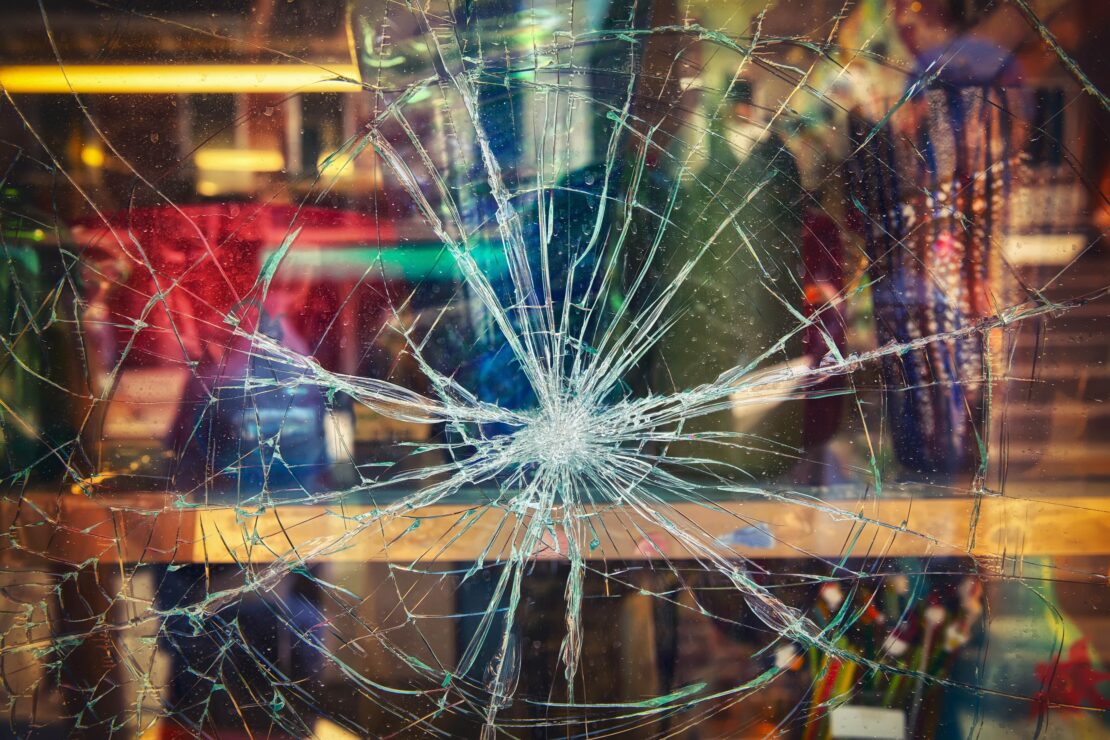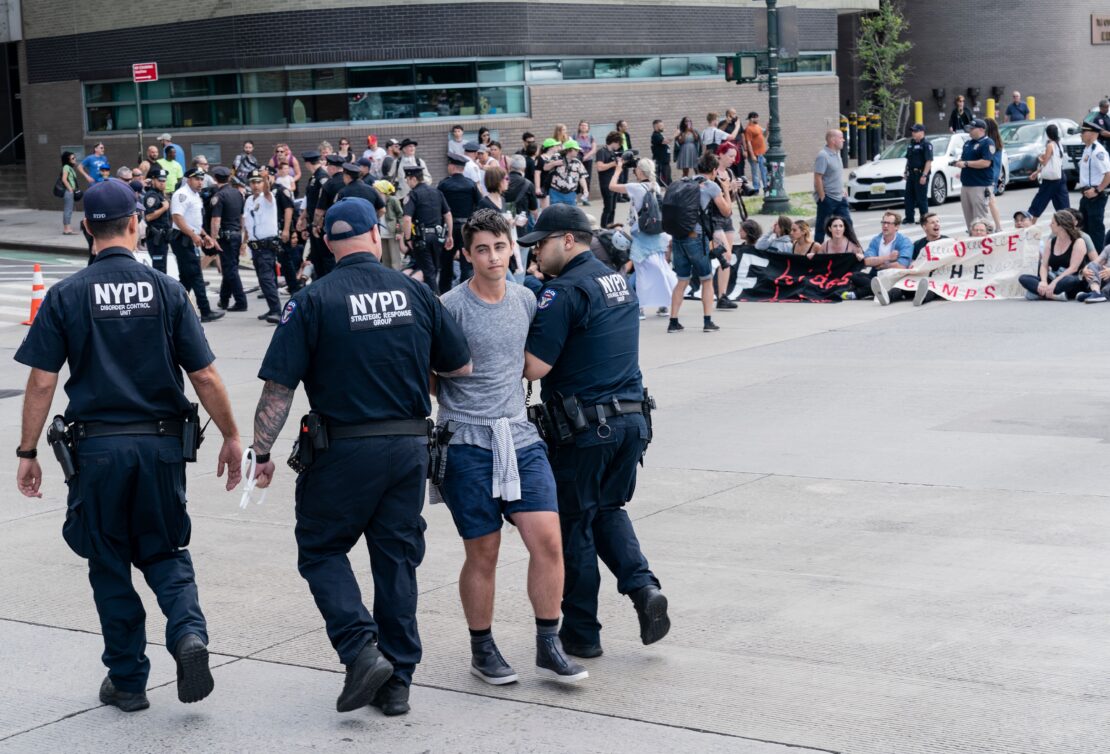Disorderly Conduct Attorney in Phoenix
If you’ve been charged with disorderly conduct in the state of Arizona, you may not be concerned about the consequences of this misdemeanor crime. However, when a person commits disorderly conduct, they may face jail time, fines, probation, and a criminal conviction that will go on their record.
You need to contact a Phoenix disorderly conduct lawyer to protect your rights in the Maricopa County court system. Contact the Law Office of Hernandez & Hamilton, P.C. to discuss your disorderly conduct case.
Charges Relating to Disorderly Conduct in Arizona
Arizona defines disorderly conduct as disturbing the peace or quiet of a neighborhood, family, person, or the following:
- Engaging in fighting, violent, or seriously disruptive behavior
- Making unreasonable noise
- Using abusive or offensive language or gestures in a manner that’s likely to provoke retaliation
- Making a protracted commotion
- Refusing to obey a lawful order to disperse
- Recklessly displaying or discharging a weapon
Arizona classifies disorderly conduct as either a misdemeanor or felony crime. Felony disorderly conduct involves a weapon, while misdemeanor disorderly conduct doesn’t.
Penalties for Disorderly Conduct
The maximum penalties for disorderly conduct depend on whether it was charged as a felony (with a weapon) or as a misdemeanor.
Misdemeanor Disorderly Conduct Cases – Disorderly conduct is classified as a Class 1 misdemeanor, which is punishable by up to six months in jail and $2,500 in fines.
Felony Disorderly Conduct Cases – Disorderly conduct with a weapon is a Class 6 felony, which is punishable by up to two years in prison. Fines go up to $150,000 and are determined by the court.
Even if you are a first-time offender who doesn’t believe that you will be sentenced to the maximum punishment, you need representation. A diligent defense attorney can get your Phoenix disorderly conduct charge reduced, or the case dismissed.

Defenses for Disturbing the Peace Charges
While every case is different, attorneys often use battle-tested defense strategies to fight disorderly conduct charges. Here are a few avenues of approach that your attorney might employ to help you avoid a disorderly conduct conviction:
Protected Speech
You have the First Amendment right to different forms of speech, even if that speech makes others uncomfortable. While there are limitations to this speech, police officers are sometimes overzealous about preserving the peace and sometimes infringe on those rights.
Self Defense
The police often use disorderly conduct charges when responding to a large disturbance or a fight involving multiple individuals. If your “disorderly behavior” was a reaction to an attack, the prosecutor or court may be compelled to dismiss your charges.
Unreliable Witnesses
Oftentimes, the only witnesses to a disorderly conduct event are biased toward other parties. This fact can be used to challenge their testimony against you.
Insufficient Evidence
A disorderly conduct attorney will evaluate all prosecutorial evidence against you. In many cases, the police use witness testimony as their sole grounds for making an arrest. Without video evidence and reliable witnesses, it might be possible to get the prosecutor to drop the charges.

Frequently Asked Questions About Disorderly Conduct in Arizona
At Hernandez and Hamilton, P.C., we’ve represented many clients who have been charged with disorderly conduct in Phoenix. Our clients tend to have similar questions about their charges. Here are some answers to some of the most commonly asked questions. For professional advice about your case, contact us at our Phoenix office.
What is disorderly behavior?
“Disorderly behavior” and “disorderly conduct” are often used interchangeably. They are catchall terms for disruptive behavior that would not be considered protected speech. In Arizona, fighting, making loud noises, using profane language, or causing a commotion can all be considered forms of disorderly conduct.
Does there have to be a victim for you to get charged with disturbing the peace?
While people often get charged with disorderly conduct without an actual complainant or victim, the case is much stronger if there is a complainant on record. For example, a neighbor may call in a complaint to the police, reporting disorderly behavior. If they wish to remain anonymous, it weakens the police case.
What is disorderly conduct with a weapon in Arizona?
Arizona has a felony-level charge for disorderly conduct. If you have been charged with felony disorderly conduct, you can face prison time, even if you didn’t directly threaten another person with the weapon.
What should I do if I’m arrested for disorderly conduct in AZ?
It’s important that you don’t risk further charges by being combative or causing an additional disturbance. You should avoid making incriminating statements or answering questions that the police can use to strengthen their case. Ask to speak to an attorney.
Why do I need an attorney for a misdemeanor case?
Even a misdemeanor charge can carry jail time, fines, probation, community service, etc. Additionally, you will have a criminal record. An attorney can fight for a dismissal or a minimum sentence. In many instances, they can get the charges dropped altogether.
Phoenix Criminal Defense Attorneys for Disorderly Conduct
If you’ve been arrested for any crime, you need to take the matter seriously. The Law Office of Hernandez & Hamilton, P.C. will review your case and develop a solid defense. Don’t take a misdemeanor disorderly conduct charge lightly, and if you’ve been arrested for felony disorderly conduct, you need to act quickly. Call today and schedule an initial consultation.





